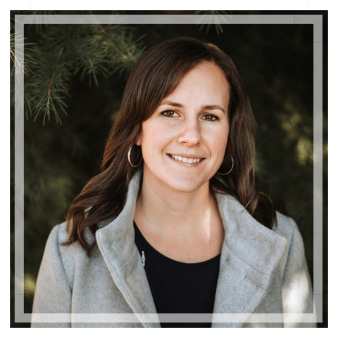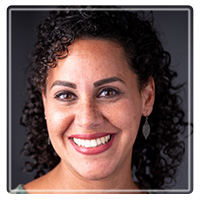
Eating Disorder Counsellor
Trobak Holistic Counselling, MACP, RCC, CCS
Registered Clinical Counsellor, nationally certified clinical supervisor
Fort St John, British Columbia V1J 2B1 | 250 794 1968
Trobak Holistic Counselling's approach to eating disorders is: 1. Understand why a person is struggling with the eating disorders. 2. Eating disorders are usually not the problem but symptoms of much deeper issues. 3. Understanding the person's life and how the life experiences impacted the person to use eating disorders as a way of coping. 4. Helping the client express feelings and emotions he/she has been denying or avoiding. This denial and avoidance has usually been going on for a long period of time.

Eating Disorder Counselor
Olivia Mayer, MA, RCC
Registered Clinical Counsellor
Available for Online Therapy
Olivia has a passion for helping individuals struggling with eating disorders, providing support through a behavioral and trauma-informed approach. She helps clients uncover and address the underlying emotional and psychological factors contributing to their disorder while equipping them with practical strategies for recovery. Olivia’s compassionate and holistic approach focuses on creating a safe space for clients to explore their relationship with food and their bodies, empowering them to build healthier habits and a positive self-image. By integrating trauma-informed care with actionable tools, Olivia walks alongside her clients as they work toward healing, resilience, and lasting change.

Eating Disorder Counselor
Kevin Fleming, Ph.D.
Coach/Change Agent/Consultant
At Home or Private Discreet Intensives
While most eating disorder issues are treated by cognitive behavioral methodologies or specialized outpatient/inpatient programs, Grey Matters International and the work of Kevin J. Fleming, PhD provide relief first and foremost for the brain of one suffering from an eating disorder----without giving them medication. We believe that the neural circuitries responsible for the compulsive behaviors with eating are not necessarily only a neurotransmitter issue but of overused neural networks that affect the harmonization, balance, and decisions of the whole brain. Contact kevin@kevinflemingphd.com or 877-606-6161 to learn more about this safe and effective alternative.

Eating Disorder Counselor
Heather Awad, MCP, RCC
Registered Clinical Counsellor
Available for Online Therapy
If you’ve struggled with disordered eating, you are all too familiar with compulsive behavior, obsessive thoughts and a disconnect from the body. You may also have a constant need for control while at the same time feeling a frightening and exhausting loss of all control. Please know that none of this is your choice, but rather is a state of stress and overwhelm while you do your best to feel better. I have nothing but compassion for the distress that comes with food-related challenges, and you have my commitment to help you care for the difficult underlying emotions involved. Together, we will create a safe space to move towards healing and a safe relationship with food and the body.
You Have Found Honest and Real Therapy for Food Issues in Fort St John, BC.
Are you ready to start on a new path? Thank you for visiting our British Columbia search of licensed therapists in Fort St John who specialize and have experience treating food issues such as anorexia, over eating, food aversions, orthorexia nervosa and bulimia. Food issues affect anyone, both children and adults and can impede our relationships and daily life. Counselling for help with food and eating is a vital component of healthy recovery and restoration. Find the right counselor for eating and food issues in Fort St John right now and begin your new life.
Fort St John is located in British Columbia, Canada. It has a land area of 26.27 square kilometers. The population of Fort St John is 20,155 people with 7,937 households . The population ranking for Fort St John is #212 nationally and #32 for the province of British Columbia with a density of 767.30 people per sq km. Fort St John therapists serve postal code: V1J.
